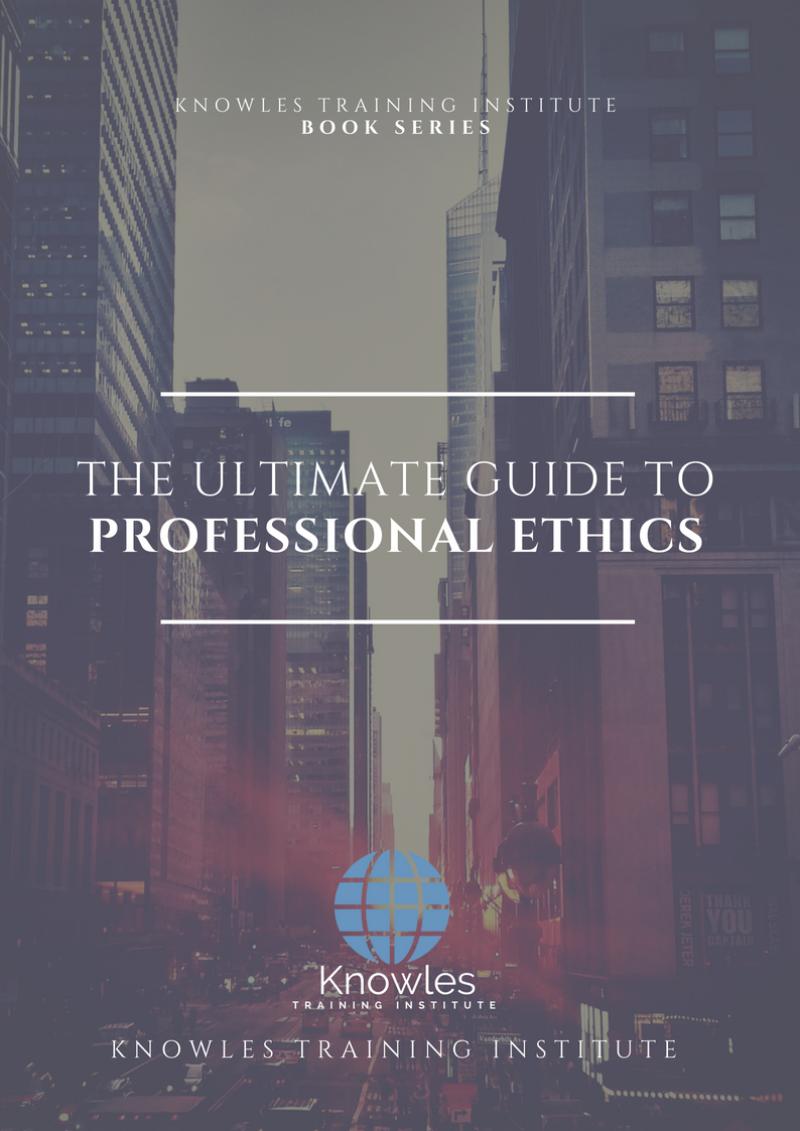What is course in ethics?
A course in ethics is an educational program that explores the principles, theories, and applications of ethics within various contexts. Such courses are designed to help individuals understand ethical reasoning, moral decision-making, and the implications of ethical choices in personal, professional, and societal settings. Courses in ethics are offered at various academic levels, including high school, undergraduate, and graduate levels.
Key Components of a Course in Ethics:
Introduction to Ethics:
- Overview of foundational concepts, including the definition of ethics, morality, and key ethical terms.
- Exploration of the relevance and significance of ethical inquiry in different areas of life.
Ethical Theories:
- Examination of major ethical theories that provide frameworks for understanding moral reasoning.
- Examples include consequentialism, deontology, virtue ethics, and ethical relativism.
Applied Ethics:
- Exploration of ethics in specific contexts, such as business ethics, medical ethics, environmental ethics, and technology ethics.
- Discussion of ethical issues and dilemmas within these fields.
Moral Decision-Making:
- Examination of the process of moral decision-making and ethical reasoning.
- Practical exercises and case studies to help students apply ethical principles to real-world situations.
Philosophical Perspectives:
- Study of historical and contemporary philosophical perspectives on ethics.
- Introduction to influential ethical thinkers and their contributions to ethical philosophy.
Social and Cultural Dimensions:
- Exploration of how social and cultural factors influence ethical beliefs and practices.
- Discussion of diversity and the role of cultural relativism in ethical considerations.
Ethics in Professional Life:
- Consideration of ethical principles in various professions, such as business, law, medicine, journalism, and engineering.
- Examination of professional codes of ethics and responsibilities.
Ethics in Society:
- Analysis of ethical issues on a societal level, including justice, equality, human rights, and social responsibility.
- Consideration of the role of ethics in shaping public policy.
Critical Thinking and Ethical Analysis:
- Development of critical thinking skills for analyzing and evaluating ethical arguments.
- Exercises in ethical analysis to strengthen the ability to articulate and defend ethical positions.
Ethical Controversies:
- Examination of contemporary ethical controversies and debates.
- Discussion of conflicting perspectives on issues such as abortion, capital punishment, and genetic engineering.
Global Ethics:
- Consideration of ethical issues in a global context, including international relations, global justice, and cross-cultural ethical challenges.
Objectives of a Course in Ethics:
Understand Ethical Concepts:
- Develop a clear understanding of fundamental ethical concepts, including morality, values, and principles.
Apply Ethical Theories:
- Gain proficiency in applying major ethical theories to analyze and evaluate moral issues.
Navigate Ethical Dilemmas:
- Develop skills in identifying and navigating ethical dilemmas in various personal, professional, and societal contexts.
Cultivate Ethical Reasoning:
- Strengthen the ability to engage in ethical reasoning and critical thinking when facing moral challenges.
Appreciate Diversity of Perspectives:
- Appreciate the diversity of ethical perspectives and understand how cultural, social, and individual factors influence ethical beliefs.
Apply Ethics to Professional Life:
- Understand the ethical responsibilities and considerations relevant to different professions.
Enhance Moral Decision-Making:
- Improve the ability to make sound moral decisions based on ethical principles and values.
Reflect on Personal Ethics:
- Engage in reflective exercises to understand and articulate personal ethical beliefs and values.
Promote Ethical Dialogue:
- Foster the ability to engage in constructive and respectful ethical dialogue with others.
Contribute to Social Responsibility:
- Appreciate the role of ethics in promoting social responsibility and contributing to a just and ethical society.
Courses in ethics aim to provide individuals with the knowledge, skills, and ethical awareness needed to navigate the complexities of moral decision-making in a variety of contexts. The specific content and objectives of such courses may vary based on the academic level and focus of the course.
What a Course in Ethics Typically Covers:
A course in ethics typically covers a broad range of topics and concepts designed to equip students with the knowledge and skills to analyze ethical dilemmas and make sound moral judgments. Here are some key areas explored:
1. Foundational Concepts:
- Introduction to ethics: Definition, principles, frameworks, and historical context.
- Ethical theories: Consequentialism, deontology, virtue ethics, and other prominent frameworks.
- Moral reasoning: Developing critical thinking skills and frameworks for analyzing ethical issues.
- Ethical decision-making models: Tools and strategies to navigate complex ethical dilemmas.
- Legal and regulatory environment: Understanding relevant laws and regulations impacting ethical conduct.
2. Application to Specific Fields:
- Business ethics: Ethical dilemmas in marketing, human resources, finance, and supply chain management.
- Medical ethics: Informed consent, research ethics, end-of-life care, and resource allocation.
- Technology ethics: Data privacy, artificial intelligence, algorithmic bias, and digital rights.
- Environmental ethics: Sustainability, climate change, animal welfare, and resource depletion.
- Social justice ethics: Inequality, discrimination, poverty, human rights, and social justice movements.
3. Real-World Case Studies and Examples:
- Analyzing real-life ethical dilemmas and corporate scandals.
- Discussing contemporary issues and emerging ethical challenges.
- Exploring diverse perspectives and approaches to ethical decision-making.
- Identifying best practices and learning from past ethical failures.
4. Personal and Professional Development:
- Developing ethical leadership skills: Promoting ethical conduct within organizations.
- Cultivating self-awareness and ethical values: Reflecting on personal values and ethical principles.
- Honing communication skills: Effectively communicating ethical concerns and arguments.
- Building resilience and coping with ethical pressure: Navigating difficult situations and resisting unethical behavior.
Structure of Ethics Courses:
The structure of ethics courses can vary depending on the academic institution, level of study, and specific focus. However, some common elements include:
- Lectures: Providing foundational knowledge and introducing key ethical concepts and frameworks.
- Class discussions and debates: Encouraging critical thinking, active participation, and diverse perspectives.
- Case studies and group exercises: Applying ethical principles to real-world scenarios and developing practical skills.
- Guest speakers and expert panels: Sharing insights from professionals facing ethical challenges in their fields.
- Research projects and presentations: Deepening understanding through independent research and analysis.
- Exams and assessments: Evaluating knowledge, comprehension, and application of ethical principles.
Real-world Applications:
Ethics courses emphasize the practical application of ethical principles to real-world situations. This includes:
- Identifying ethical issues in daily life and professional context.
- Making informed ethical decisions in personal and professional situations.
- Advocating for ethical practices and policies in various settings.
- Building a strong ethical foundation for future career paths and leadership roles.
- Contributing to a more just and equitable society through ethical action.
By understanding ethical theories, frameworks, and their application in real-world scenarios, students develop the critical thinking and decision-making skills necessary to navigate the complexities of the world with integrity and responsibility.












